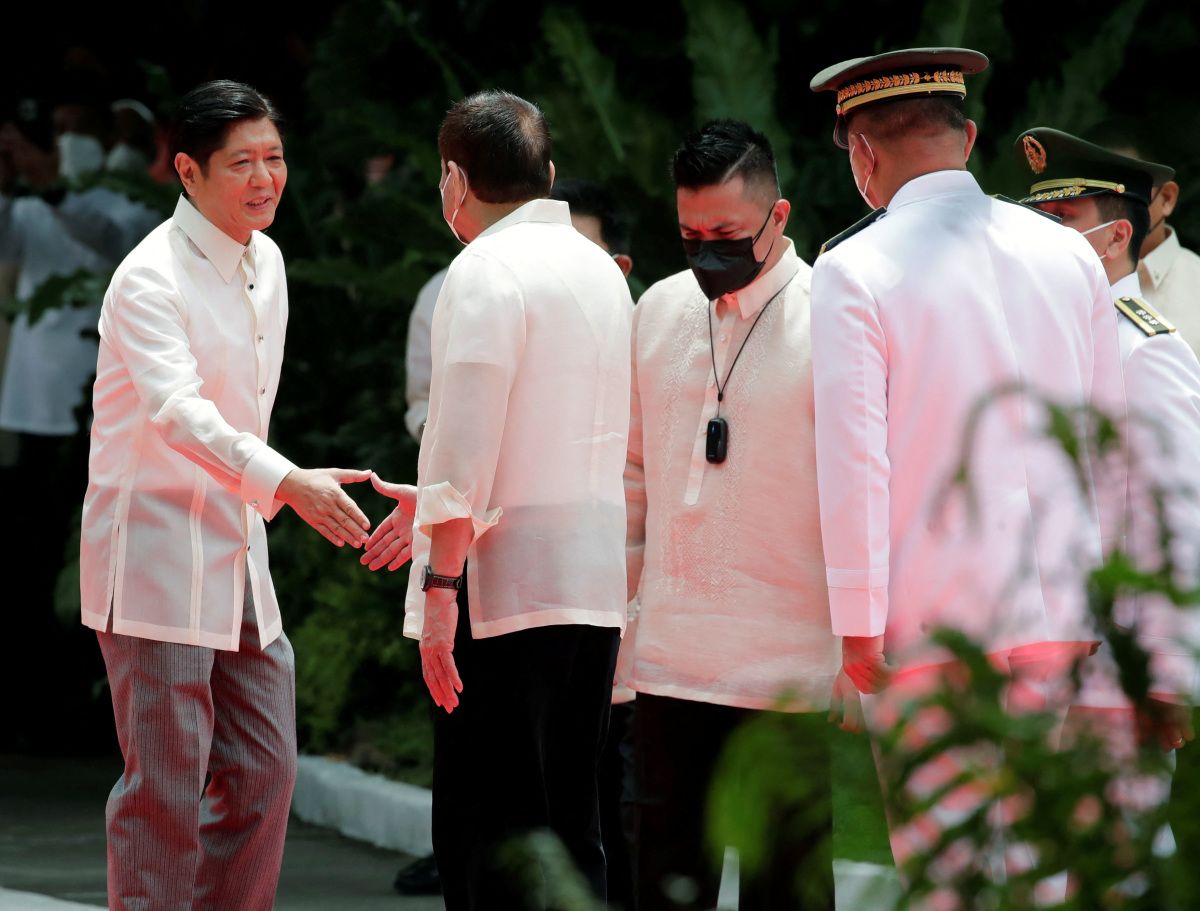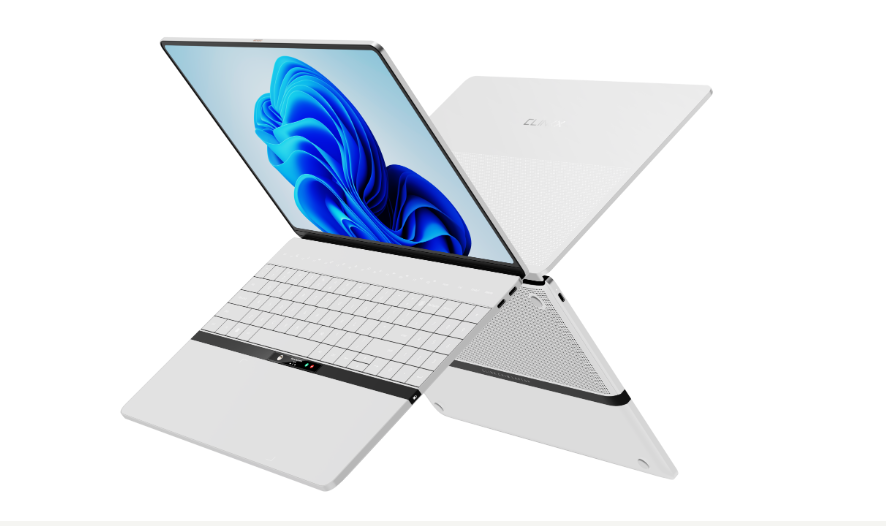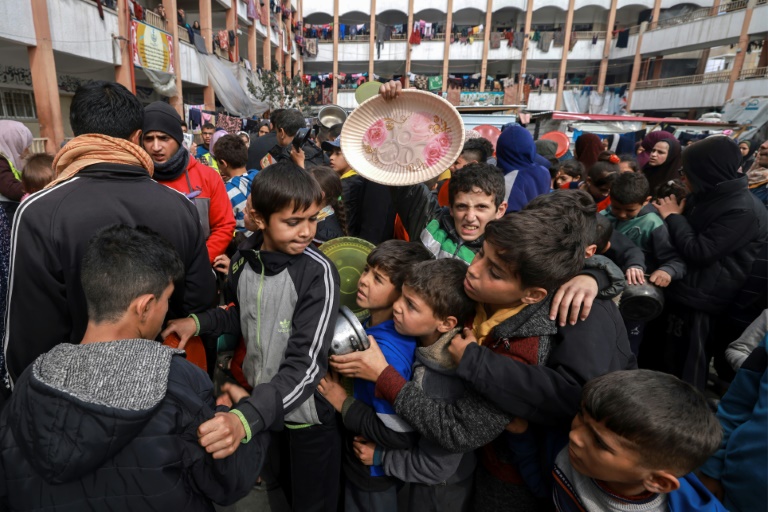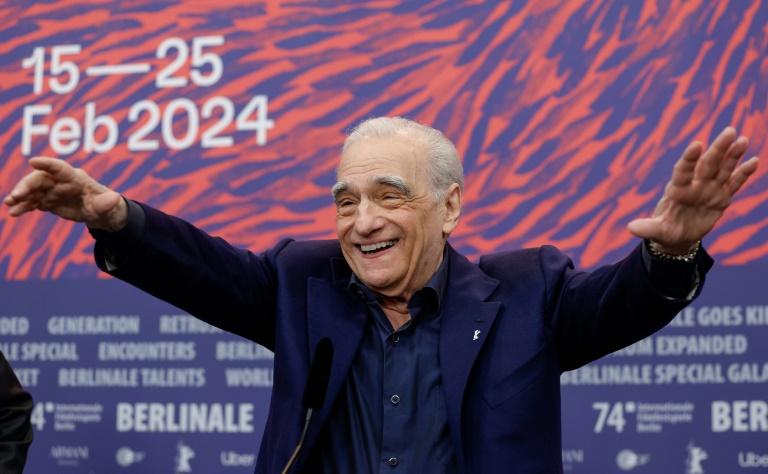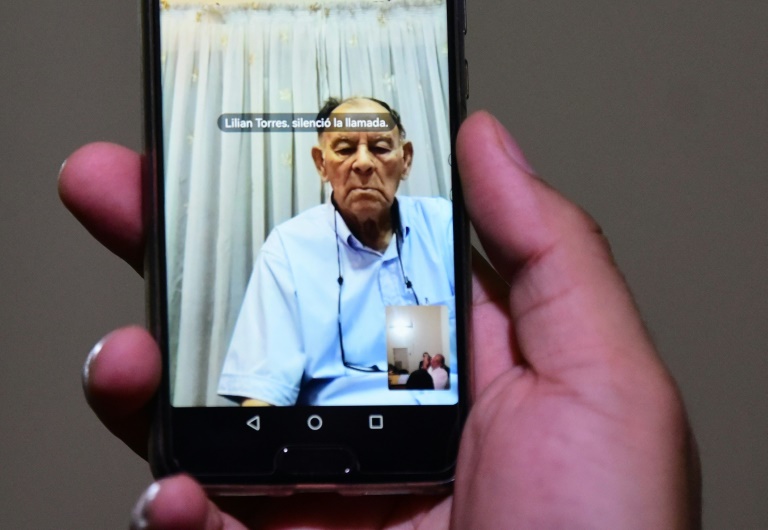A domestic cold war is brewing in the Philippines as two of the country’s most powerful political clans clash in the public eye over local and foreign policies, and even allegations of drug use.
Will the falling out between pro-U.S. incumbent President Ferdinand “Bongbong” Marcos Jr. and pro-China former president Rodrigo “Digong” Duterte ultimately divide a country once believed to be “united” under the Bongbong-Inday tandem?
How it started: Outgoing leader slams presidential favorite
The spat goes way back 2021, when Marcos Jr. was campaigning for his 2022 presidential run. “There has been a presidential candidate using cocaine,” Duterte said at the time, refusing to directly name the said candidate. “He is a very weak leader … except for the name … his father,” he added, hinting that the candidate “might win.”
At the time, Marcos Jr. was the leading presidential candidate by a wide margin, followed by opposition leader and then-Vice President Leni Robredo.
Also during the campaign period, Duterte rejected an alliance between his daughter, Sara “Inday” Duterte-Carpio, who was running for vice president and Marcos. Jr., saying the son of dictator Ferdinand Marcos Sr., is “really a weak leader” and a “spoiled child.”
The rise of ‘Uniteam’
Duterte’s daughter and Marcos Jr. went on to announce their coalition dubbed as the “Uniteam” in one of the biggest shockers in Philippine political history. With millions of Marcos Sr. supporters and the millions of other voters who handed Duterte his presidential win in 2016, the children of two notorious political figures went on to win the presidency and vice presidency in landslide victories during the May 2022 elections.
How it’s going: Political turns personal
Two years on, Duterte publicly accused Marcos Jr. of drug use on the same day the Marcos government launched the “Bagong Pilipinas” (literally translated as “new Philippines”) campaign that sought public support for a constitutional reform, locally called “charter change.” Several political figure showed up in support of the opposing rallies.
In the anti-charter change event in his hometown of Davao City, the former president said Marcos Jr. was a “drug addict.” He said the Philippine Drug Enforcement Agency (PDEA) presented a list of drug-addicted individuals to him, which included Marcos Jr.’s name. The PDEA has since denied that the current president was included in its drug list.
It is worth noting that Sen. Imee Marcos, the president’s sister, attended the Davao prayer rally. Sara briefly attended the Bagong Pilipinas initiative launch, but left before the main program started and flew to Davao to attend the rally led by her father.
Reuters
In his fiery speech, the elder Duterte went on to warn Marcos Jr. that he may “experience the same fate as your father.” He was not specific about the said warning, but he said if Marcos Jr. pushes for a constitutional reform, the younger Marcos will “leave the Malacañang in the same way your family left.”
The Marcoses exited the presidential residence in 1986 after Marcos Sr. was overthrown and driven into exile when more than a million people gathered during the “People Power” revolution that marked the end of the dictator’s two-decade regime – half of it under martial law.
If Marcos Jr. is ousted from power, Inday will take over, returning a Duterte into the highest seat of national leadership.
Marcos Jr., known for being the “unbothered” politician, has since shot back, saying, “It’s the fentanyl.” He was responding to reporters’ requests for comment regarding Duterte’s accusations of his drug use.
Inday talks: ‘No problem’ with president
When asked by reporters how her relationship with the president has been since the Davao rally, Duterte-Carpio said all is well. “We have no problem with each other. President Bongbong Marcos and I are doing goof. We are okay in terms of our relationship, both personal and work,” the vice president said.
In an interview with reporters in Malaysia, Vice President Sara Duterte says she and the President are “doing good.”
“We have no problem with each other. President Bongbong Marcos and I are doing good. We are okay in terms of our relationship, both personal and work… pic.twitter.com/Md2NVN5VNT
— Rappler (@rapplerdotcom) February 13, 2024
Drawing first blood: Duterte’s call for a ‘separate Mindanao’
Days following the opposing rallies, Duterte declared that he is seeking a “separate, independent” Mindanao, the resource-rich southern region of the Philippines where Davao is located. Marcos Jr. said the “new call for a separate Mindanao is doomed to fail for it is anchored on a false premise, not to mention a sheer constitutional travesty.”
Experts weigh in on political storm
Political analyst Richard Heydarian said the public exchanges between the former and current leaders is “not a very good reflection on our country,” and it makes the Philippines look like a “banana republic.”
For some geopolitics experts, the feud may be linked to the leaders’ opposed views on the U.S. and China, considering how the U.S. has become a major defense and security ally of Manila since Marcos Jr. stepped into power, and China’s trade ties with the Philippines deepened under Duterte. On the other hand, other experts believe the issue is more of a domestic bid for dominance in national politics.
Patrick M. Cronin, Asia-Pacific chair at think tank Hudson Institute, told International Business Times that he believes “policy disagreements are a secondary factor.” Both leaders are “strong nationalists,” they just have “different ideas about how best to achieve their visions,” he added.
He went on to note that during his rule, Duterte may have “tested the country’s appetite for accommodation with China (before pulling back toward the end of his tenure),” while Marcos Jr. “may be testing the country’s willingness for competition, even confrontation.”
Julio Amador, CEO of Manila-based geopolitical risk consulting firm Amador Research Services, told IBT he also believes the opposing views on U.S. and China policies are “just manifestations of their political conflict, which is more domestic in nature.”
On Duterte’s threat that Marcos Jr. may be deposed in the same way his father was, Amador pointed out that the Davao rally “failed to attract a large political support even from within Mindanao and that is very telling about the current political climate.”
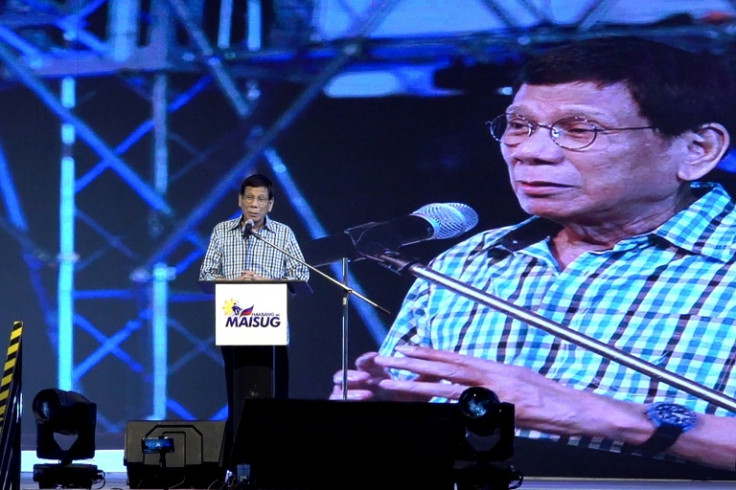
AFP
Looking ahead: A supposed ‘weak’ leader’s balancing act
Beyond the struggle for domestic political dominance, observers are also watching how the incumbent president will juggle the country’s relations with key allies. After all, Marcos Jr. is the current president and “his foreign policy is what matters,” Amador said. Marcos Jr. “has to find a way to work with China while strengthening the Philippines’ relations with the U.S.,” he added.
For Cronin, “Marcos Jr. has a much better idea for how to work with Washington, while also focusing on economic development.”

